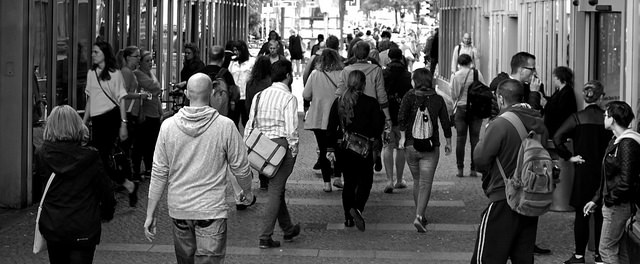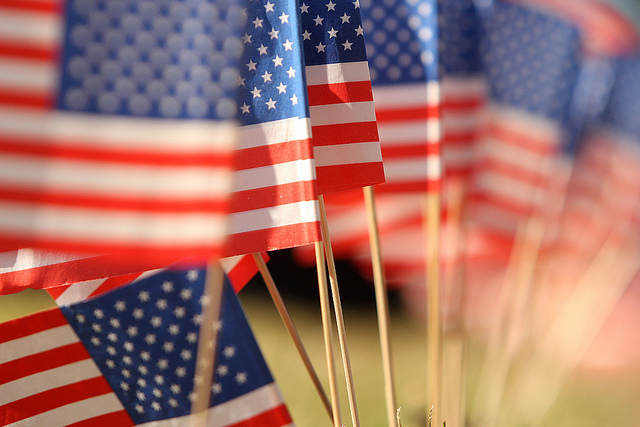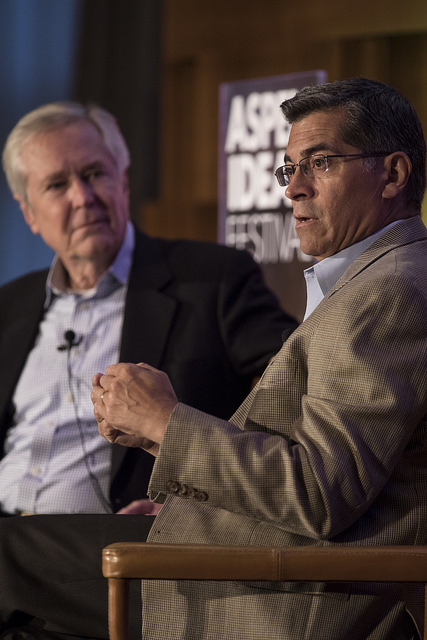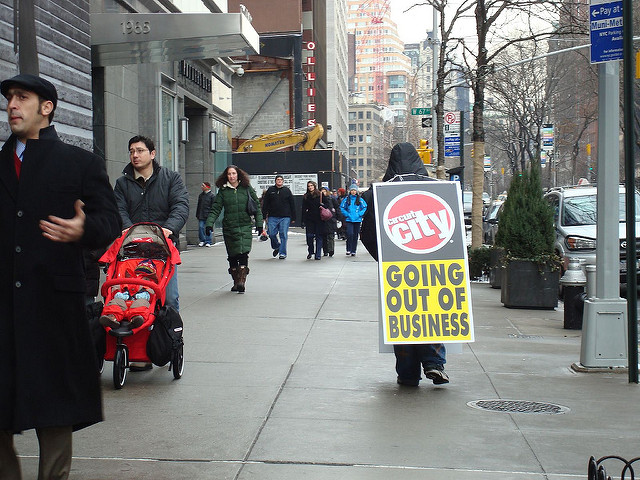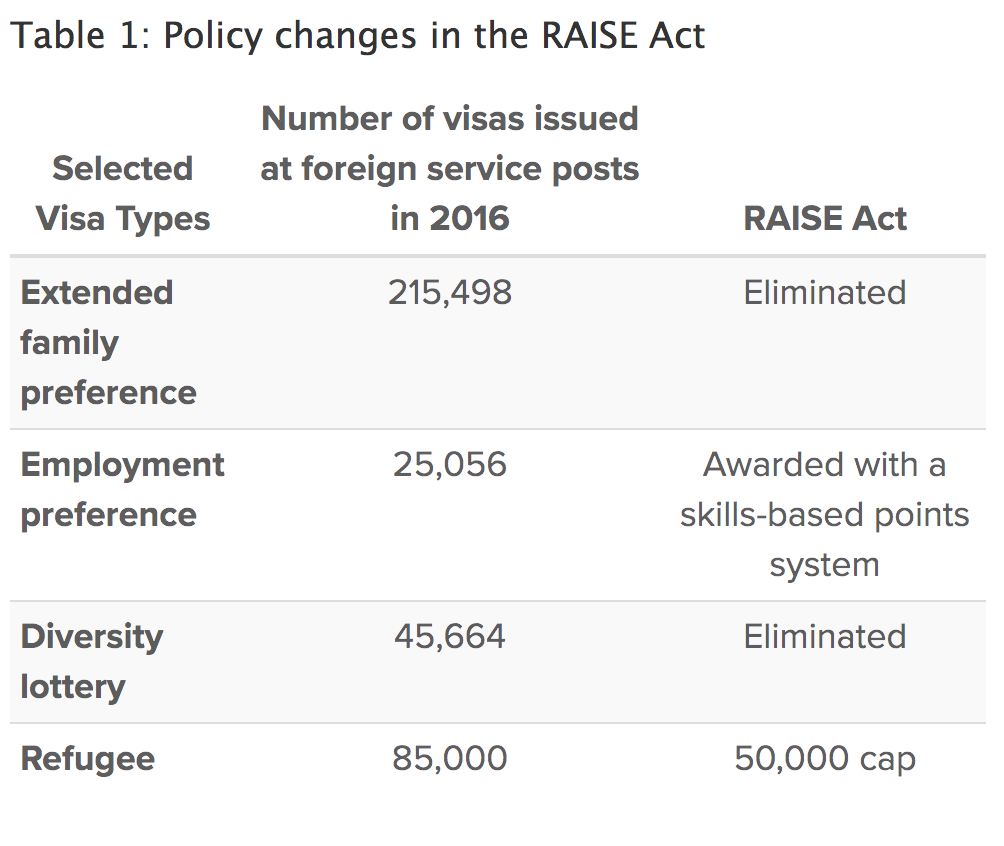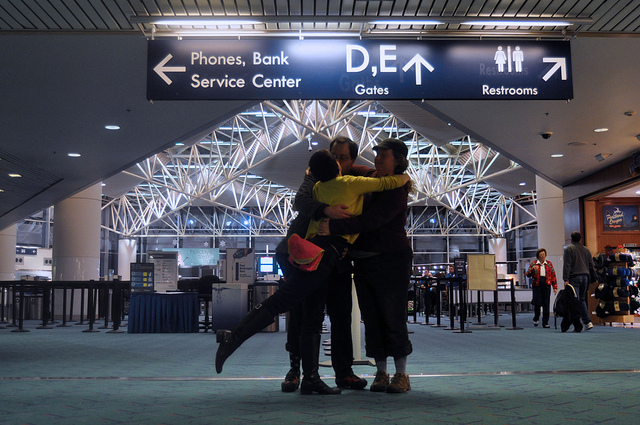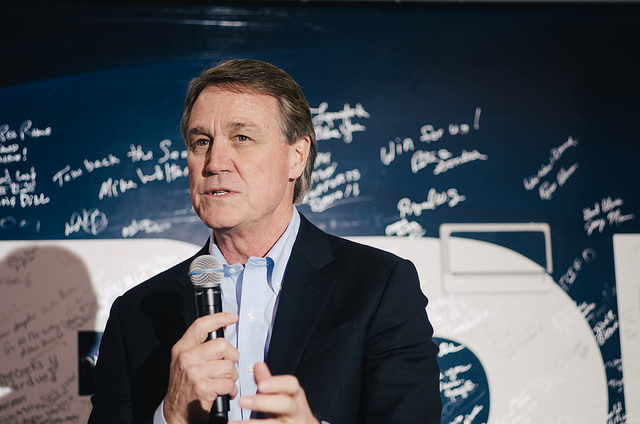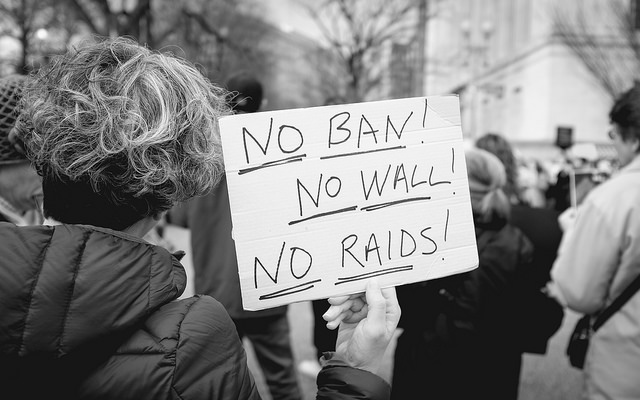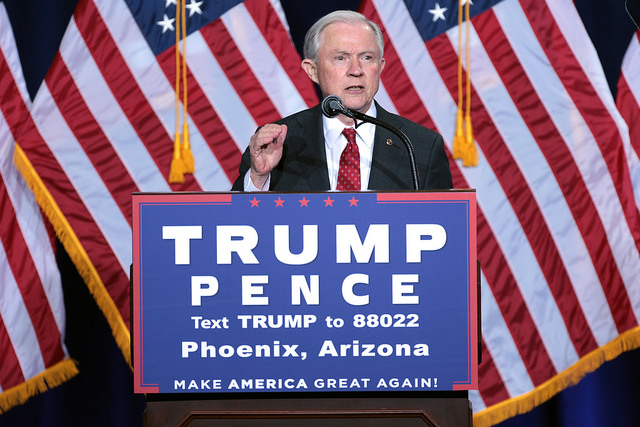This morning, Attorney General Jeff Sessions announced that the Trump administration is ending DACA, a program that began under former President Barack Obama, which allowed undocumented immigrants who came to the United States as children, the opportunity to obtain employment authorization and be shielded from deportation. This decision comes on the heels of swirling rumors regarding the President’s intent to terminate the program. Despite the President’s seemingly sympathetic attitude toward the plight of “Dreamers,” today’s announcement means that the DACA program will be phased out.
Effective immediately, USCIS will not accept new initial requests for DACA, but will allow current DACA recipients with permits expiring between now and March 5, 2018 to apply for a final 2-year renewal of their status and obtain employment authorization.
A conflicted President Donald Trump issued a statement following the announcement in which he defended his decision stating, “in the best interests of our country, and in keeping with the obligations of my office, the Department of Homeland Security will begin an orderly transition and wind-down of DACA, one that provides minimum disruption. While new applications for work permits will not be accepted, all existing work permits will be honored until their date of expiration up to two full years from today. Furthermore, applications already in the pipeline will be processed, as will renewal applications for those facing near-term expiration. This is a gradual process, not a sudden phase out. Permits will not begin to expire for another six months, and will remain active for up to 24 months. Thus, in effect, I am not going to just cut DACA off, but rather provide a window of opportunity for Congress to finally act.”
 Visa Lawyer Blog
Visa Lawyer Blog


